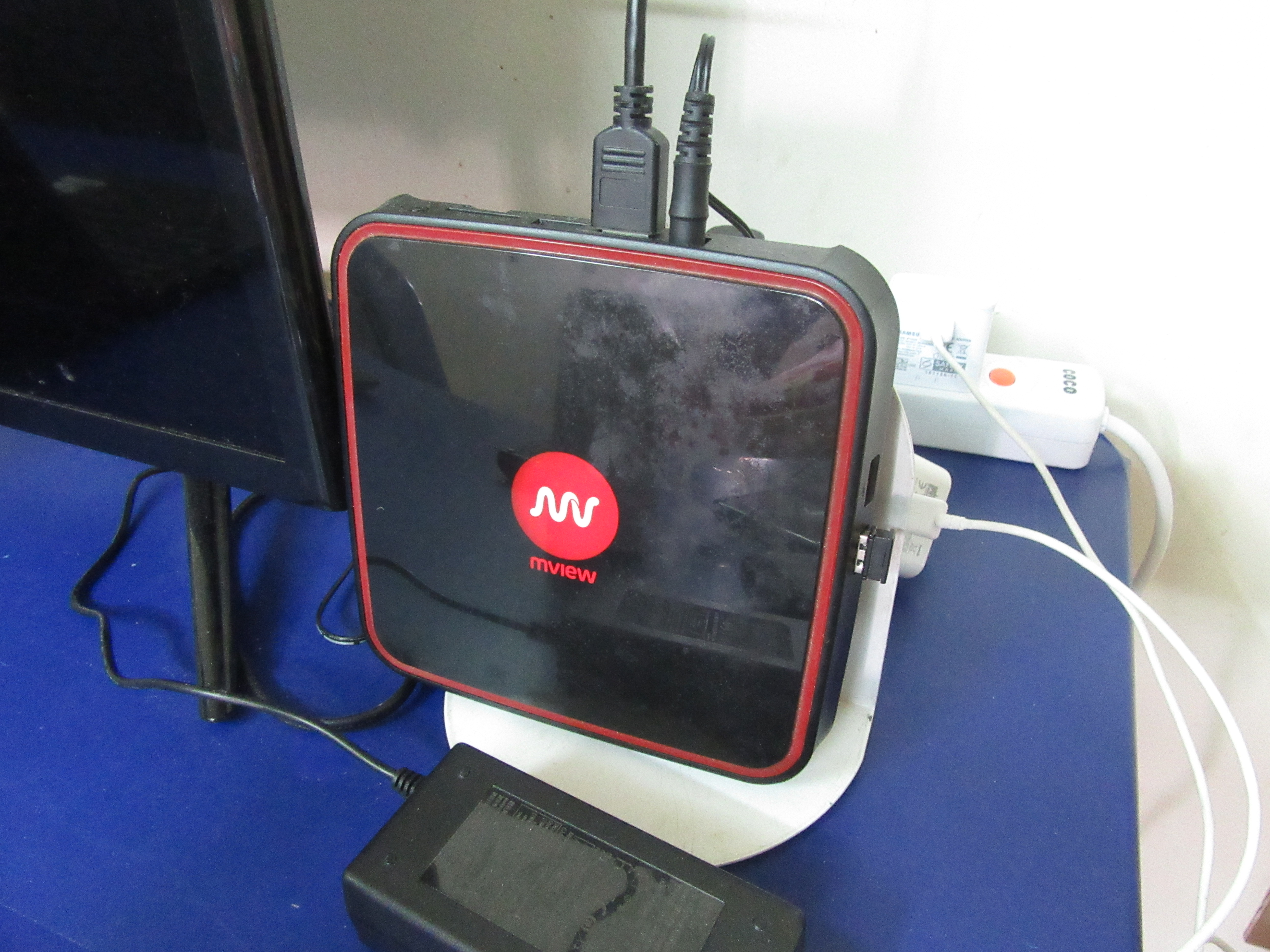|
XMLTV
XMLTV is an XML based file format for describing TV listings, which has been introduced in 2002. IPTV providers use XMLTV as the base reference template in their systems, and extend it internally according to their business needs.SearchSOA.com XML tip: I want my XMLTV/ref> See also *MythTV MythTV is a free and open-source home entertainment application with a simplified " 10-foot user interface" design for the living room TV. It turns a computer with the necessary hardware into a network streaming digital video recorder, a digital ... References External links XMLTV home pageXMLTV project page at SourceForge.netXMLTV related projects (viewers, grabbers)Brazilian XMLTV XML markup languages {{Compu-stub ... [...More Info...] [...Related Items...] OR: [Wikipedia] [Google] [Baidu] |
MythTV
MythTV is a free and open-source home entertainment application with a simplified " 10-foot user interface" design for the living room TV. It turns a computer with the necessary hardware into a network streaming digital video recorder, a digital multimedia home entertainment system, or home theater personal computer. It can be considered a free and open-source alternative to TiVo or Windows Media Center. It runs on various operating systems, primarily Linux, macOS, and FreeBSD. History The MythTV project was started in April 2002 by Isaac Richards, who explained his motivation: Features * Pause, skip, and rewind live TV shows * Completely automatic commercial detection and optional skipping * Intelligently schedules recordings to avoid conflicts * Interfaces with television listing sources such as XMLTV or PSIP * Interfaces with nonprofit subscription listings service Schedules Direct in the United States and Canada. Schedules Direct delivers the same Tribune Media Services ... [...More Info...] [...Related Items...] OR: [Wikipedia] [Google] [Baidu] |
Broadcast Programming
Broadcast programming is the practice of organizing or ordering (scheduling) of broadcast media shows, typically radio and television, in a daily, weekly, monthly, quarterly or season-long schedule. Modern broadcasters use broadcast automation to regularly change the scheduling of their shows to build an audience for a new show, retain that audience, or compete with other broadcasters' shows. Most broadcast television shows are presented weekly in prime time or daily in other dayparts, though exceptions are not rare. At a micro level, scheduling is the minute planning of the transmission; what to broadcast and when, ensuring an adequate or maximum utilization of airtime. Television scheduling strategies are employed to give shows the best possible chance of attracting and retaining an audience. They are used to deliver shows to audiences when they are most likely to want to watch them and deliver audiences to advertisers in the composition that makes their advertising most lik ... [...More Info...] [...Related Items...] OR: [Wikipedia] [Google] [Baidu] |
IPTV
Internet Protocol television (IPTV) is the delivery of television content over Internet Protocol (IP) networks. This is in contrast to delivery through traditional terrestrial, satellite, and cable television formats. Unlike downloaded media, IPTV offers the ability to stream the source media continuously. As a result, a client media player can begin playing the content (such as a TV channel) almost immediately. This is known as streaming media. Although IPTV uses the Internet protocol it is not limited to television streamed from the Internet (Internet television). IPTV is widely deployed in subscriber-based telecommunications networks with high-speed access channels into end-user premises via set-top boxes or other customer-premises equipment. IPTV is also used for media delivery around corporate and private networks. IPTV in the telecommunications arena is notable for its ongoing standardisation process (e.g., European Telecommunications Standards Institute). IPTV service ... [...More Info...] [...Related Items...] OR: [Wikipedia] [Google] [Baidu] |
